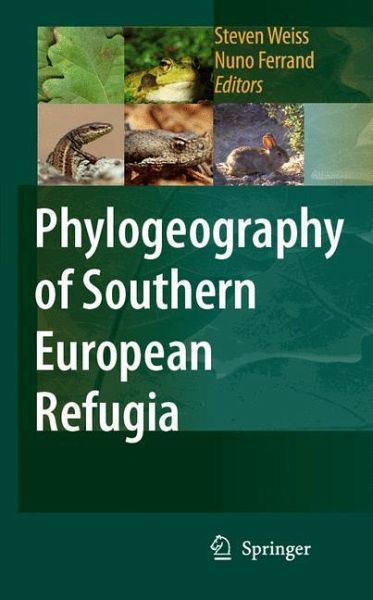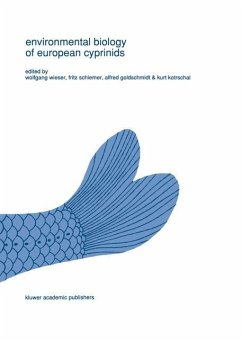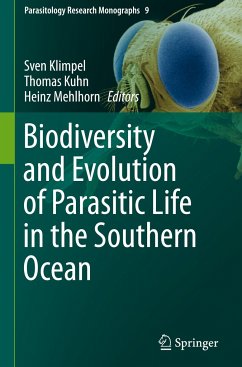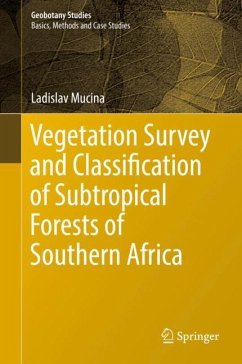
Phylogeography of Southern European Refugia
Evolutionary perspectives on the origins and conservation of European biodiversity
Herausgegeben: Weiß, Steven; Ferrand, Nuno

PAYBACK Punkte
57 °P sammeln!
Phylogeography of Southern European Refugia provides the first synthesis of the remarkable diversity, evolutionary complexity, and conservation importance of the flora and fauna in the Mediterranean region, with emphasis on the three major peninsular refugia. The book frames a number of case studies within several introductory and closing chapters that review the development and importance of phylogeographic approaches in evolutionary biology. The book opens with a chapter by the field's founding father, John Avise, reviewing the 25 evolutionary insights that have arisen from the phylogeograph...
Phylogeography of Southern European Refugia provides the first synthesis of the remarkable diversity, evolutionary complexity, and conservation importance of the flora and fauna in the Mediterranean region, with emphasis on the three major peninsular refugia. The book frames a number of case studies within several introductory and closing chapters that review the development and importance of phylogeographic approaches in evolutionary biology. The book opens with a chapter by the field's founding father, John Avise, reviewing the 25 evolutionary insights that have arisen from the phylogeographic revolution. Key to this perspective is the notion that the multidisciplinary field of phylogeography is serving as an epistemological bridge between the formerly distinct fields of population genetics and phylogenetics. Next, the foremost leaders of plant phylogeography in Europe, Rémy Petit and Giovanni Vendramin provide an extraordinarily comprehensive and studious review of the history of plant organelle genetics and their application in phylogeography. A closing chapter provides an up-to-date review of the caveats, challenges, and future prospects in phylogeography as a discipline. The volume contains both broad scale and regional phylogeographic studies with original data from a range of organisms including trees, mammals, insects, fish, reptiles, and amphibians. Throughout the volume it is clear that phylogeographic studies, especially in the major peninsulas of southern Europe (Iberia, Italy, the Balkans) have provided enlightening insights into the evolutionary complexity and conservation importance of biota occupying Europe's most prominent glacial refugia.














